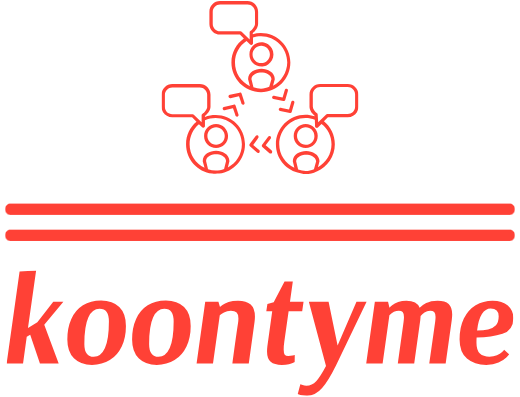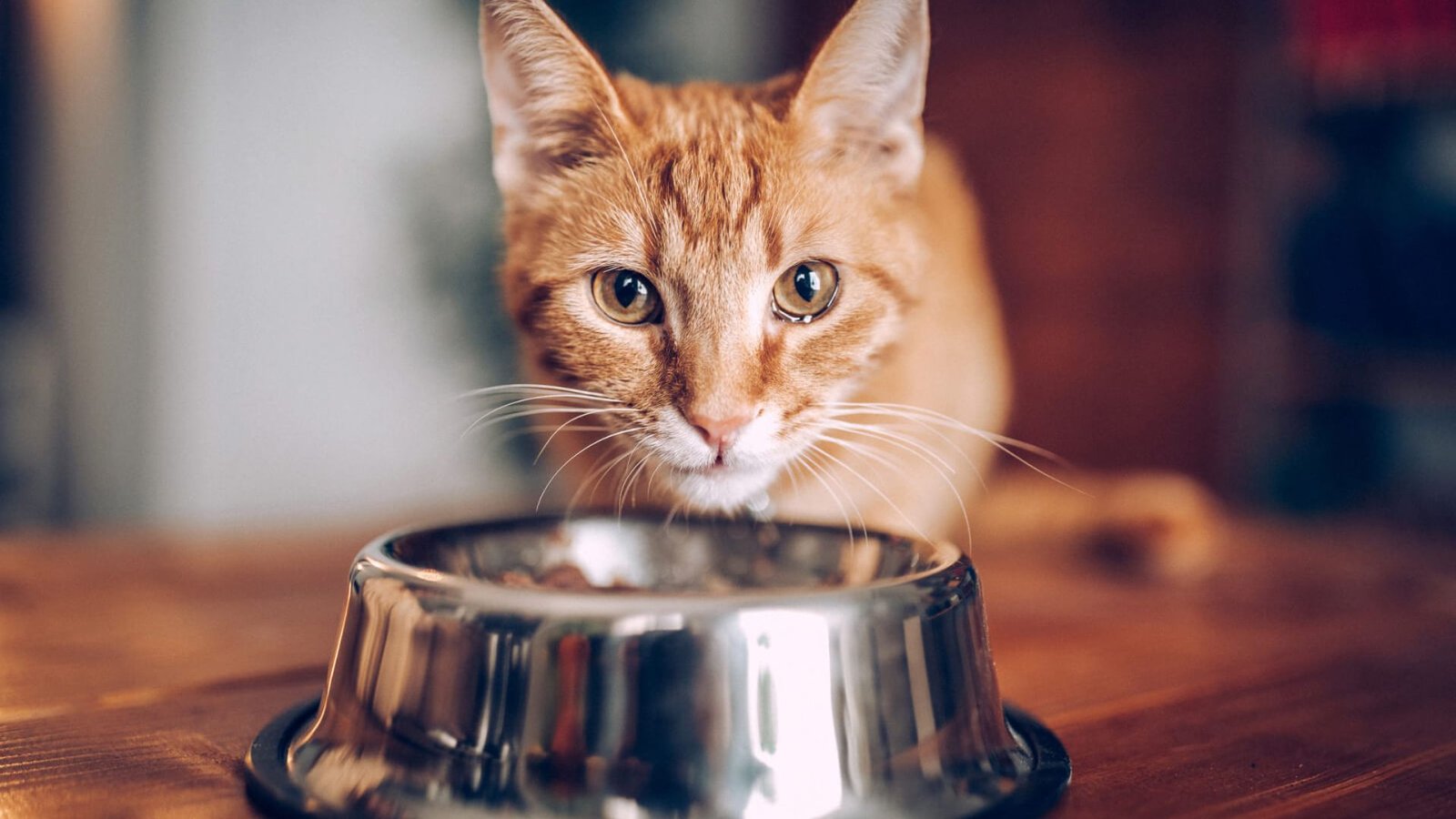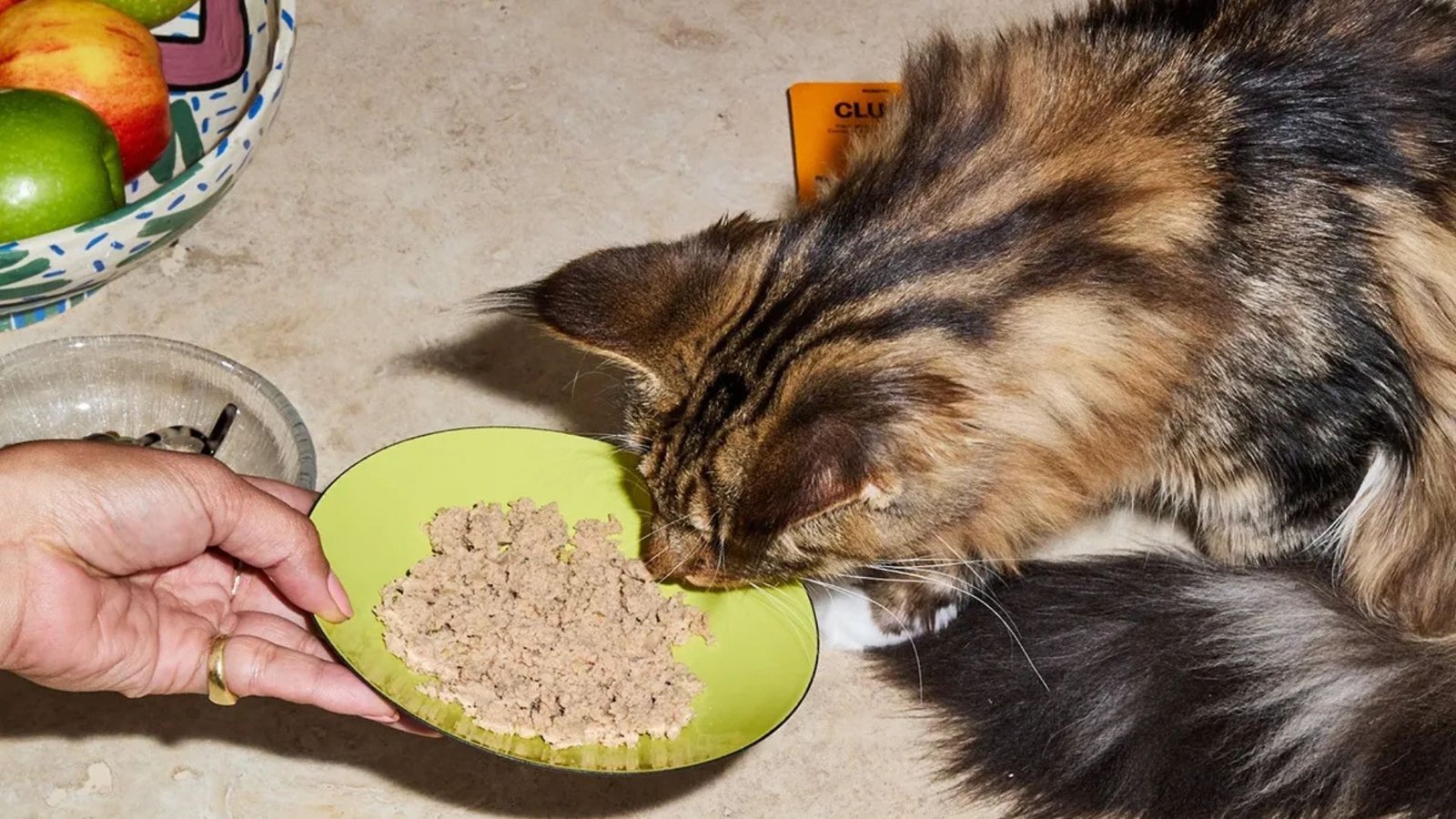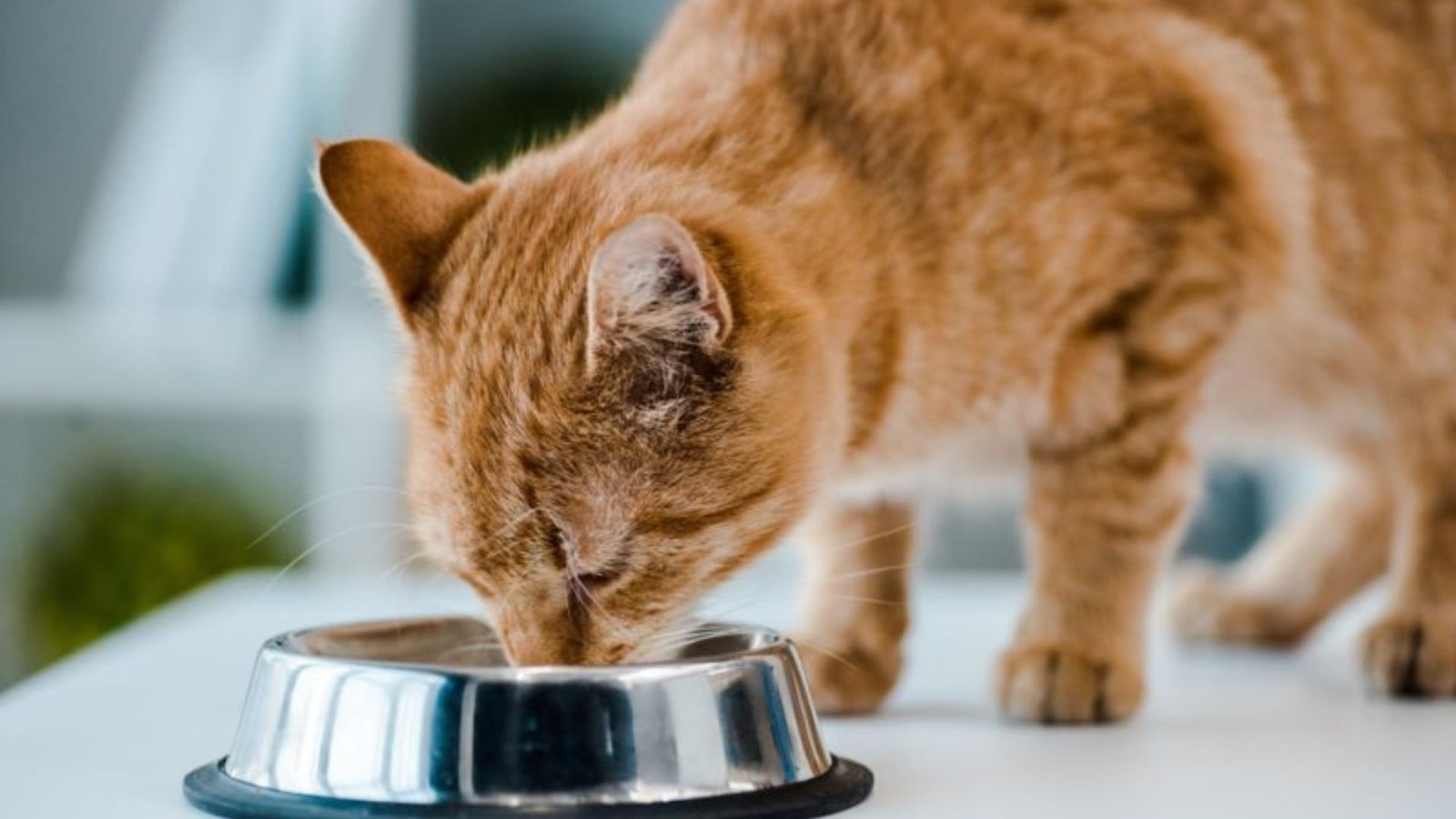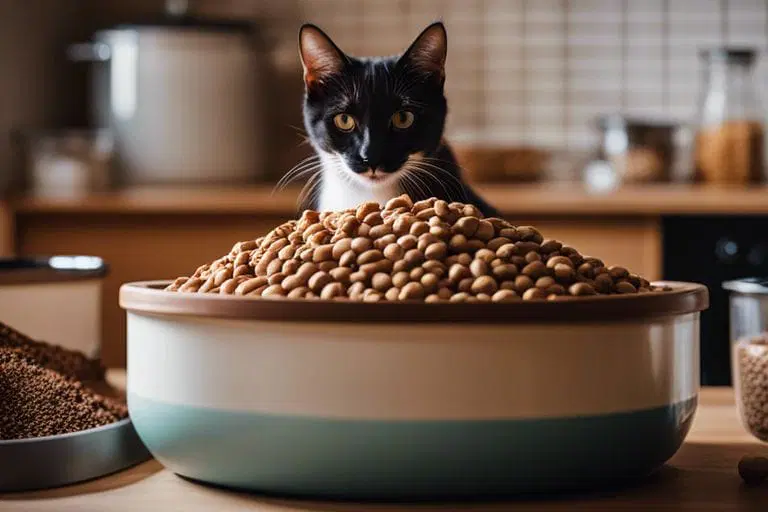If you love your cat, you probably want to feed them the best food possible. But, have you ever wondered, can I feed my cat homemade food? Many pet owners are curious about whether it’s safe to prepare meals for their furry friends at home. In this article, we’ll explore the pros and cons of feeding your cat food and give you some helpful tips to ensure their health.

Why Consider Homemade Food for Cats?
There are several reasons why cat owners might consider homemade food for their cats. Some people believe it’s a healthier option because it’s free from preservatives and fillers. Others might want to avoid the ingredients in commercial cat food that they don’t trust. Additionally, homemade food allows you to control exactly what your cat eats.
However, before making the decision to feed your cat homemade food, it’s important to understand the nutritional needs of your pet. Cats are obligate carnivores, meaning they require animal-based proteins and nutrients. Simply making your cat a meal with chicken or beef might not meet all of their dietary requirements.
What Should Homemade Cat Food Include?
If you decide to feed your cat homemade food, it’s important to balance the meals properly. Cats need more than just protein to stay healthy. Their diet should include a variety of nutrients, including fats, vitamins, minerals, and amino acids.
Here are some key ingredients you might want to include in homemade meals:
- Protein: High-quality meats like chicken, turkey, and fish are excellent sources of protein.
- Fats: Healthy fats, such as those found in animal fat or fish oils, are important for energy and coat health.
- Taurine: This essential amino acid can only be found in animal tissues. It is vital for your cat’s heart and vision.
- Calcium and Phosphorus: These minerals are crucial for bone health and should be balanced carefully.
While these are some basic ingredients, it’s important to consult your vet before switching to homemade meals. They can help you create a meal plan that meets your cat’s needs.
Is Homemade Food Safe for Cats?
The answer depends on how well you balance your cat’s diet. If you’re not careful, homemade food can be risky for your cat. Cats require very specific nutrients in precise amounts, and if any are missing or out of balance, it could harm their health.
For example, feeding only meat might give your cat enough protein but not the vitamins and minerals they need. It’s important to include the right supplements and ensure that your cat is getting the right nutrients in every meal.
Common Mistakes When Preparing Homemade Food for Cats
Many cat owners make a few common mistakes when preparing homemade food. Here are some to watch out for:
- Not Consulting a Vet: Your vet can help you create a balanced meal plan for your cat. They might also recommend certain supplements or foods to include.
- Feeding the Wrong Ingredients: Some ingredients, like onions, garlic, and certain spices, are toxic to cats. Always research before adding anything new to your cat’s meal.
- Lack of Variety: Cats need a variety of nutrients. Feeding them the same food every day can lead to nutritional imbalances.
How Often Should I Feed My Cat Homemade Food?
The frequency of homemade meals will depend on your cat’s age, health, and activity level. Some owners choose to feed their cats homemade food for every meal, while others may offer it as a treat or supplement to commercial food. Either way, make sure that your cat is getting all the essential nutrients they need.
It’s also a good idea to monitor your cat’s weight and overall health. If you notice any changes in behavior or physical condition, it could be a sign that their diet needs adjusting.
Pros and Cons of Homemade Cat Food
Before deciding whether to feed your cat homemade food, it’s important to weigh the pros and cons.
Pros:
- Control Over Ingredients: You can choose high-quality meats and ingredients.
- Free from Additives: Many commercial cat foods contain artificial additives that you might not want in your cat’s diet.
- Customization: Homemade food can be customized for your cat’s specific needs, such as allergies or sensitivities.
Cons:
- Time-Consuming: Preparing homemade meals can take a lot of time and effort.
- Risk of Nutritional Imbalance: Without proper planning, homemade food can lack important nutrients.
- Cost: High-quality meats and ingredients for homemade food can be expensive.
Conclusion: Can I Feed My Cat Homemade Food?
In conclusion, the answer to can I feed my cat homemade food is yes, but it requires careful planning and consideration. Homemade food can be a great option for cats, but it’s important to make sure their diet is well-balanced. Always consult with your vet to ensure that you are meeting your cat’s nutritional needs. By doing so, you can offer your furry friend a healthy and delicious homemade meal!
